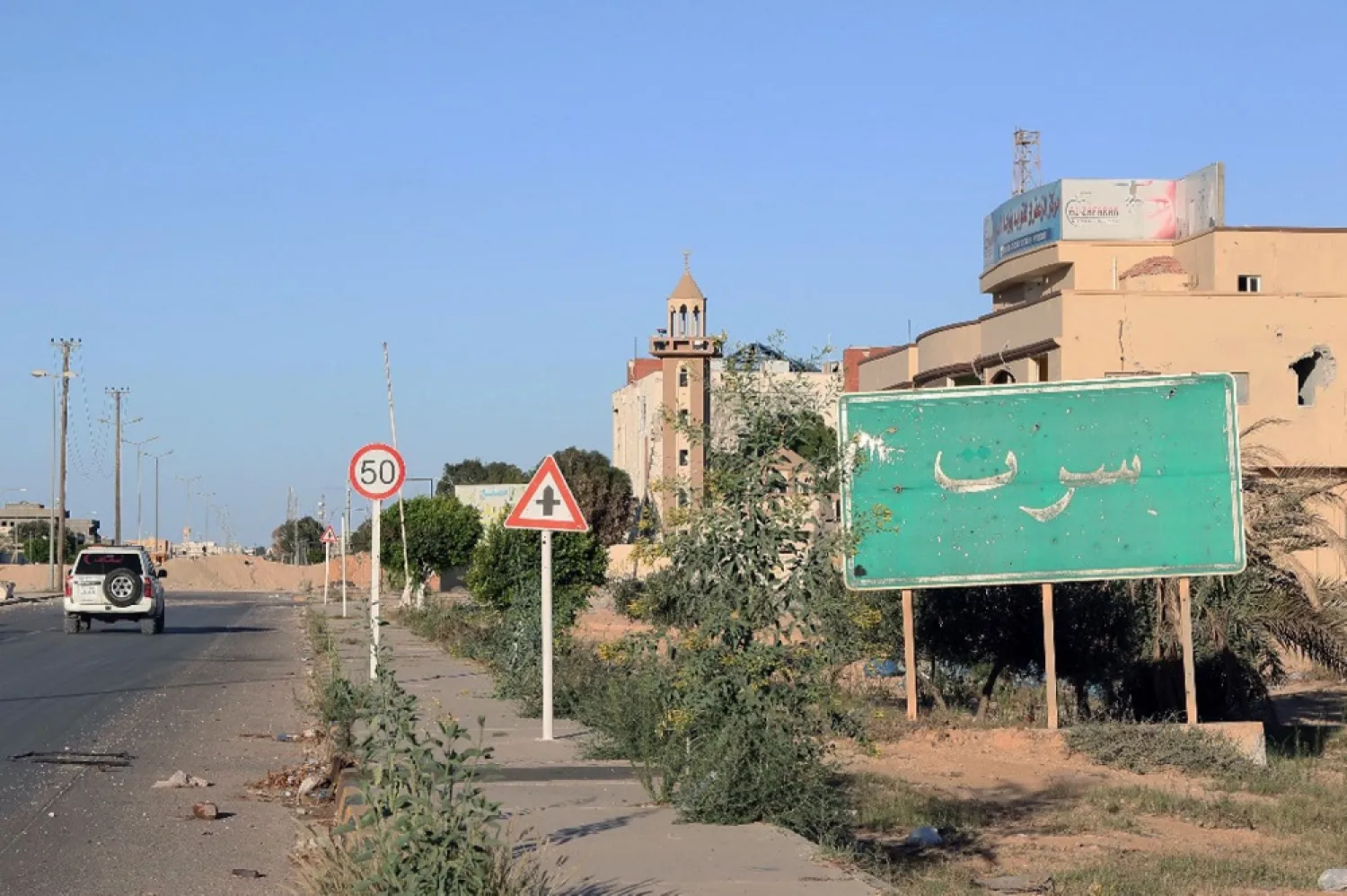The war between the Libyan National Army (LNA), commanded by Khalifa Haftar, and Turkey-backed Government of National Accord (GNA), headed by Fayez al-Sarraj, appears imminent as Ankara continued its military reinforcements in the North African country.
Turkish presidential spokesman Ibrahim Kalin announced Thursday that the GNA was determined to advance on the central cities of Sirte and al-Jufra, renewing demands that the LNA withdraw from those two areas in order to reach a ceasefire.
As the battle loomed large, the LNA reinforced its deployment around oilfields in Sirte, dispatching a special forces unit to secure them.
GNA deputy defense minister Salaheddine al-Namroush told Turkey’s Anadolu news agency that there were no “red lines” before his forces’ advance to “liberate and capture all of Sirte.”
“The liberation won’t be long,” he stressed, saying the forces were lying just on the outskirts of the city, located 450 kilometers east of Tripoli.
Meanwhile, LNA spokesman Ahmed al-Mismari revealed that a Turkish naval vessel has been anchored off Libya’s western coast and Turkish jets have been carrying out flights to the coastal city of Misrata. Turkish military cargo aircraft have been transporting weapons to the country, he added.
He accused Turkish President Recep Tayyip Erdogan of working for the intelligence agencies of countries he did not name. He also slammed him for “defying” the international community’s calls for a ceasefire in Libya.
Furthermore, he said Qatar was behind the ongoing unrest in Libya, accusing it of funding the mercenaries and militias.
He stressed that the LNA was ready to handle any emergency that may emerge in its confrontation against the “Turkish colonial plot”.
On Thursday, France, Germany and Italy called on forces in Libya to cease fighting and for outside parties to stop any interference in a bid to try and get political talks back on track.
“In light of the growing risks of a deterioration of the situation in Libya ... France, Germany and Italy call on all Libyan parties to immediately and unconditionally cease fighting,” the countries said in a joint statement. “They also urge foreign actors to end all interference and to fully respect the arms embargo established by the United Nations Security Council.”









